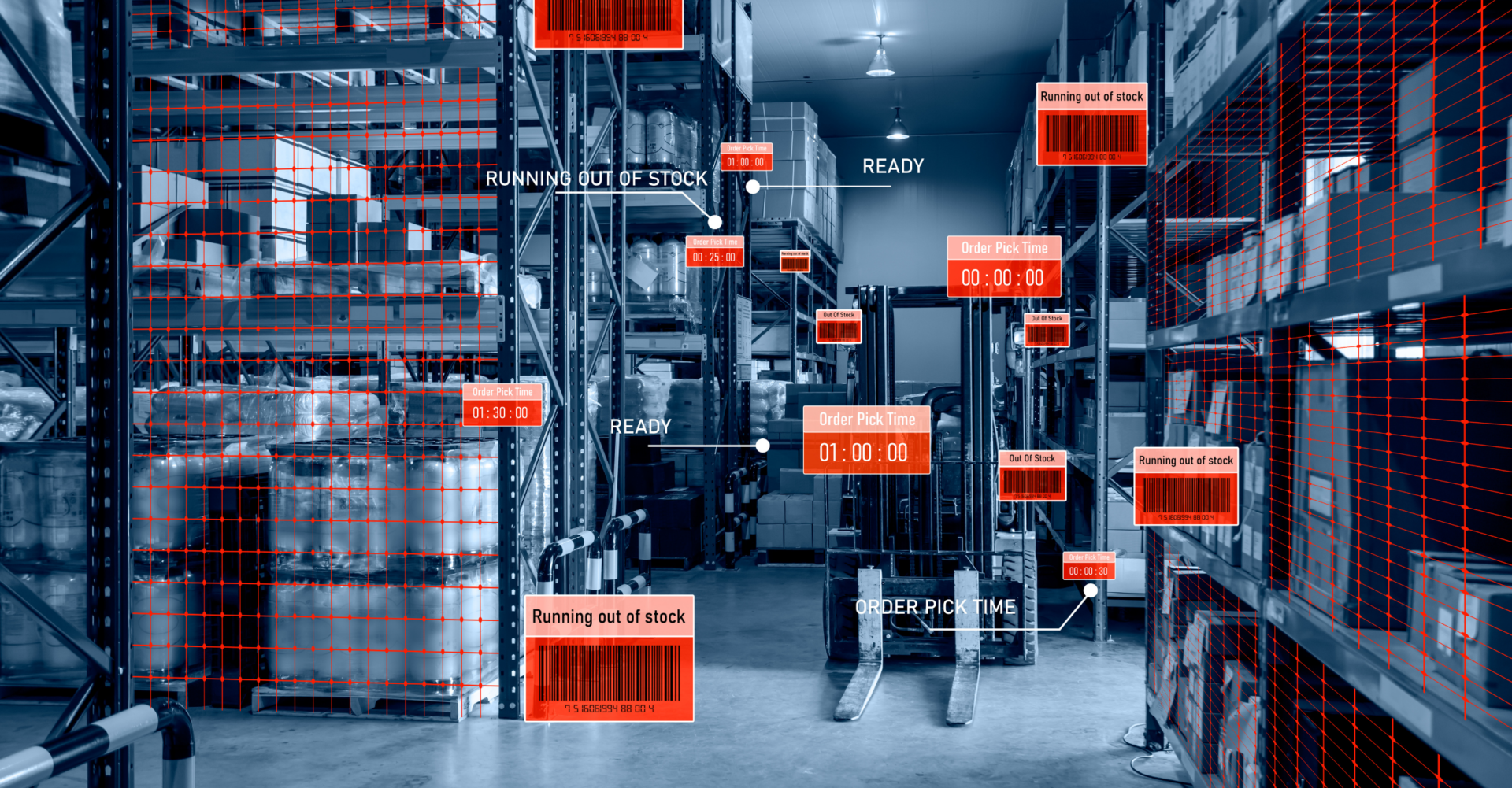
Unveiling the Causes of Cyber Attacks: A Deep Dive with BECA
In an era where data is often considered more valuable than oil, the importance of cybersecurity cannot be overstated. However, before a company like BECA can effectively defend against cyber threats, it is essential to understand what causes these attacks in the first place. This blog aims to shed light on the root causes of cyber attacks, which could serve as a comprehensive guide for BECA and similar companies to enhance their cybersecurity measures.
Introduction to BECA
BECA is a tech-savvy organization specializing in cloud computing and data analytics solutions. With a vast clientele spanning various industries, BECA handles an enormous amount of sensitive data. Despite having advanced cybersecurity measures in place, like many companies, BECA is not entirely immune to cyber attacks.
Human Error and Lack of Awareness
Importance for BECA:
People are often the weakest link in the cybersecurity chain. Accidental data leaks, password reuse, or clicking on malicious links can lead to significant security breaches.
What BECA Can Do:
Creating a culture of cybersecurity awareness is critical. Regular training sessions to educate employees about the risks associated with poor cybersecurity practices can mitigate this risk.
Technical Vulnerabilities
Importance for BECA:
Hackers continually look for vulnerabilities in software and hardware. Outdated systems, unpatched software, and weak encryption are often exploited.
What BECA Can Do:
BECA should adopt a proactive stance in updating all its software and hardware. Automated systems for updates, timely patches, and secure coding practices can protect against many technical vulnerabilities.
Social Engineering Attacks
Importance for BECA:
Social engineering attacks such as phishing aim to manipulate employees into divulging confidential information. Given BECA’s involvement in data-sensitive operations, falling for such scams could be catastrophic.
What BECA Can Do:
Again, awareness is key. Employees should be taught to recognize phishing attempts and report them. Advanced email filtering software can also help in flagging suspicious emails.
Insiders and Malicious Intent
Importance for BECA:
Not all threats come from the outside; sometimes, they can originate within the organization. Disgruntled employees or business partners with access to the internal network can cause significant harm.
What BECA Can Do:
Robust access controls and frequent audits can minimize the risks associated with insider threats. A zero-trust security model, where every user is treated as potentially risky, can also be beneficial.
Financial Incentives
Importance for BECA:
Many cyber-attacks are motivated by financial gain. Ransomware attacks, where hackers encrypt data and demand a ransom for its release, are increasingly common.
What BECA Can Do:
Maintaining up-to-date backups and employing advanced anti-ransomware solutions can protect BECA from becoming a victim. Having a dedicated cybersecurity team can also help in rapid response to mitigate any ransomware attacks.
Espionage and Competitive Advantage
Importance for BECA:
Sometimes the motive behind the attack could be to gain a competitive advantage. Corporate espionage is a real threat in the world of cutthroat competition.
What BECA Can Do:
Implementing advanced security measures like Data Loss Prevention (DLP) solutions and restricting access to sensitive information only to authorized personnel can protect against such threats.
Political or Ideological Motives
Importance for BECA:
Cyberattacks can also be motivated by political or ideological beliefs, often executed by hacktivist groups aiming to disrupt services or tarnish a company’s reputation.
What BECA Can Do:
Since these kinds of attacks, like DDoS attacks, aim to overwhelm services, BECA should focus on building resilient infrastructure capable of absorbing such attempts to overload the system.
Global Cyber Conflicts
Importance for BECA:
Geopolitical tensions can escalate into the cyber realm, affecting businesses that operate internationally or have supply chains in different countries.
What BECA Can Do:
BECA should have an incident response plan prepared, not just for typical cyberattacks but for large-scale cyber conflicts that could affect their international operations.
Conclusion
Understanding the causes of cyberattacks allows BECA to tailor its cybersecurity strategy effectively. While technology can offer multiple layers of defense, human factors like awareness and vigilance also play a significant role in securing an organization. By comprehensively addressing the root causes, BECA can fortify itself against the evolving landscape of cyber threats, thereby not only protecting its assets but also maintaining the trust and confidence of its clients and stakeholders.
Share the IT Brain Power
More from the BECA Blog



